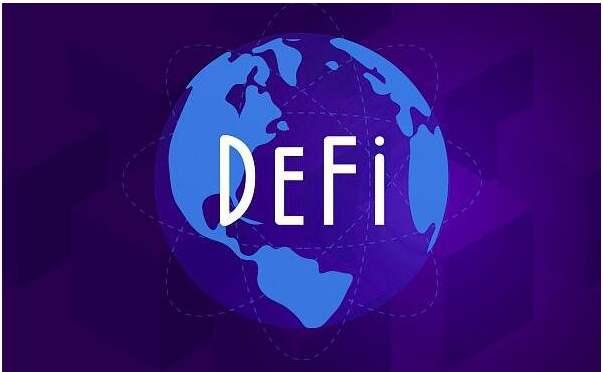Fei Protocol merges with Rari Capital, marking the largest DeFi merger case in recent years
Author: yyctrader
Compiled by: Hu Tao
After an overwhelming majority vote in support of the merger from both communities, the algorithmic stablecoin Fei Protocol will merge with Rari Capital, a DeFi protocol that facilitates permissionless lending markets. The result: one player raised $2 billion in liquidity.
Previously, the DeFi aggregator Yearn Finance announced mergers with several projects including Pickle Finance, Cream Finance, Cover Protocol, and Akropolis, but did not conduct a unified token swap, allowing each to retain their tokens while sharing developer resources. Recently, the Ethereum scaling solution xDai announced a merger with Gnosis, with STAKE tokens being swapped for GNO tokens.
Upon the proposal's approval, RGT tokens will be fully exchanged for TRIBE at a rate of 10 RGT = 267 TRIBE. Fei will also assume the debt incurred by Rari due to a $10 million exploit in May 2021. The merger proposal received support from 90% of TRIBE holders.
"I believe the broader community truly saw the vision of the proposal, which is reflected in the large amount of support and high participation in the on-chain voting," Fei co-founder Joey Santoro told The Defiant. "Tribe is no longer just FEI or Fuse, but is building tightly integrated DeFi solutions for DAOs (like LaaS) and upcoming new products (like Turbo)."
The Rari community also cheered for the initiative, with 93% of holders voting in favor.
Guiding Liquidity
Fei aims to address a long-standing issue in DeFi—being one of the many protocols that guide liquidity for new projects. Most new projects tend to stick to traditional liquidity mining, despite the risks associated with such projects, including excessive token inflation and so-called "predatory liquidity" or "farm and dump" schemes.
In October 2021, Fei announced a liquidity-as-a-service (LaaS) program in collaboration with Ondo, which is a liquidity risk tranching protocol.
Under this program, DeFi protocols can deposit their native tokens into the Ondo liquidity vault for a predetermined period. These tokens are then paired with an equivalent amount of FEI and deployed as liquidity on DEXs like Uniswap and Sushiswap, providing third-party protocols with immediate deep liquidity for their tokens.
At the end of the term, FEI will be returned after calculating fees, and the remaining native tokens will be returned to the project. The project retains all trading fees but also bears the risk of any impermanent loss.
Merger Proposal
Rari Capital allows the creation of permissionless lending pools, known as Fuse pools, enabling anyone to create a pool to supply and borrow any ERC-20 asset.
According to the merger proposal, "The main feature of Fuse growth is the guiding pool with initial liquidity, as well as ensuring anti-manipulation oracles for long-tail assets. Fei DAO can easily provide this initial FEI liquidity to solve the chicken-and-egg problem,
and has already done so in 15 Fuse pools, including 8 of the top 10."
This makes sense, as even the most risk-tolerant DeFi users are often reluctant to provide liquidity for new tokens without substantial incentives. By injecting FEI liquidity into Fuse pools, the protocol will be able to easily establish a lending market for its tokens.
When asked for more details about the "Turbo" product, Santoro referred to it as "the LaaS lending equivalent for Fuse pools." Santoro declined to comment further.
Overall, as the proposal continues to point out, given the ongoing close collaboration between the protocols, the merger seems to make sense.
"I believe this merger is positive for Fei and can help establish its utilitarian value through deeper integration with Rari's core lending products. The core teams of Rari and Fei get along very well, and I think that's a very understated positive factor," Dragonfly Capital's general partner Ashwin Ramachandran told The Defiant.










